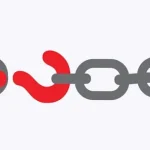Financial Education through Real Estate — How to Choose a REI Mentor (Part 1.75/2 — Top 3 Deal Breakers)

May 24, 2022
(WARNING: COLOURFUL LANGUAGE IN CONTENT)
The challenge continues. Admittedly, this particular topic — qualities vs deal breakers that I look for an a real estate investing mentor — is by far one that gets me going the most. I can feel the heart palpitation through my trembling fingers as I type. Like everything else I’ve shared so far, I only do so from personal experiences and perspectives. More importantly, it’s done with the hope that fewer people make the mistakes that I, along with many others, have made over the years.
With that said, the list continues with the 2nd deal breaker for me these days.
2. Misalignment in mindset
This is the one that gets me the most heated and it’s personal.
First and foremost — stripping away the financial education and any reference to real estate for a New York minute — investing in its simplest form these days means making money make money. Learning how to invest is then learning how to make money make money. (Might be good to read the last 2 lines a few more times.)
People think that “financial education through real estate investing” is only for the novice and the inexperienced. Experienced investors and property collectors need not apply. This cannot be further from the truth.
Many times, I’ve had to first help students either get out of their existing non-performing properties, or improve performance before acquiring more. This is why STRATEGIES are so crucial (as stated in the SMP Philosophy). I’ve repeated this over and over again. Sounding like a broken record to my students has apparently created some very positive impact in their investing journey, so here I go again: it’s not simply about buying properties or buying more properties. It’s about buying properties that will PERFORM TO MEET YOUR FINANCIAL STANDARDS and GOALS.
First thing first — cashflow. We invest for cashflow.
Many have attempted (and many will still) to take a different approach in getting your attention by focusing on the ‘long term wealth gains’ from investing in real estate. What does that mean? They will focus on “don’t fall into buying for cashflow, buy for the long-term equity growth”. This message is targeted towards those who may find it challenging to find any cashflowing single family properties in their home market who take on the approach of buy-rent-and-pray.
Let’s go back to basic once again here: we invest in real estate because we want to create better financial resources for ourselves. Both now and later. Cashflow, aka ‘profit’, is the ONLY indication whether or not you have a viable business deal at hand. We are not saying it has to cashflow from day 1 (you can if you use the right strategy such as tenant-first Lease Options). We are saying that, before going into a deal, we need to have the ability to determine that it will cashflow once all the necessary renovations and improvements are done. Nobody would buy a business that will lose money every month, why should investing in real estate be any different?
It’s also that mindset — one that tells you to ONLY focus on the long-term growth — that gets people in trouble. This mindset alone has created a subset of bitter “I once was an” investors and the market went against me. And frankly, if you’re only going to be a property collector regardless performance, it’s ok as long as your life isn’t impacted negatively in any way. Unfortunately, not everyone is in that position.
To conclude this thought, people who tell you to let go of cashflow or putting it other than on the top of the priority list when analyzing a deal do NOT even qualify as a real estate mentor in the first place. You want someone who understands that real estate is a means to an end. You want someone who understands the business fundamentals in investing — beyond acquiring assets. You want someone who understands the Wheel of Wealth to guide you to make the best and right investment decisions with you.
Next, we look at ROI — return on investment is what a bona fide investor-minded person focuses on. In laymen’s terms, a true investor focuses on “how much it’s going to make me, not how much it’s going to cost me”.
Piggybacking on that though, this is also where we see the amplified differences in mindset and behaviour:
- being frugal vs being cheap,
- building assets vs acquiring liabilities, and
- value vs money.
Fundamentally, there is nothing wrong with how anyone wants to position themselves in the marketplace. The biggest drawback that I have witnessed is how the innocents get taken advantage of because they simply aren’t able to tell the difference. Hence, one of the main driving forces for writing this article for me personally.
Looking back, I still get a good chuckle at how naive I was when I enrolled into my very first financial education (through real estate investing, of course) curriculum. At the tender age of 28 (in 2010), my husband and I decided to invest CAD $50,000. There was just this burning desire to make a difference in our own life. In today’s money, our investment looks like this:

It doesn’t matter how you dice and slice it, that’s a decent Mercedes right there! At 28, that was a sh*t load of cash (that didn’t have). However, after slaving at a corporate job for 2.5 years, making a 6-figure income and working an average of 80 hours per week, I knew I had to invest in my financial education if I was ever to see a change in my financial future. More than that, I needed a change in my life. I could get into how poor my mindset was back then — especially when it comes to money, but we’ll save the popcorn for a later date when I can really paint you a picture of the “poor middle class me” tale.
The point is this: I saw the possibility, the hope, the potential and, most importantly, the proof of what my future life could look like. What drew me in the most was not the earning potential (although it was a close second at the time). It was how the trainers, mentors and the students they currently have going through the training THINK and VIEW their lives and the world. Gone are the ‘lack’ mindset and language, the daily dread and despair for an unfulfilling job and life, and the negative and limited outlook about the future. Instead, I saw people with different perspectives and positive energy for the first time since probably kindergarten. I knew I wanted to be around that as much as possible. I needed to.
As a result, when I am looking for another REI mentor for myself, I pay extra attention to their mindset. Alright, alright…before some of you want to slap me and go “what the f**k does that mean?”, here’s a relatively more concrete list of what that means (in the order of a thought process):
- Mindset translates into behaviours and words.
- Behaviours that tell me that they are cheap and not frugal is a red flag.
- Words and language that overly focus on cost/money instead of return and goal is a red flag.
I sometimes get challenged on why the investment in our Mentorship Programs is much higher than everyone else’s out there. Here are my responses from the heart and my personal journey:
- Higher compared to what? Collectively, all the Trainers and Mentors have made a thousand folds of our investment in education that we know otherwise would not have happened. Certainly, not in the timeframe that we have.
- What’s the price you would put on achieving time and money freedom in 3–5 years? I had a condo in the Vancouver market. Purchased in 2004 as a pre construction for approximately $256,000. Sold it in 2010 for $400,000. The seed money created financial freedom for me starting July 25, 2012. Today, that condo it worth approximately $900,000. An extra $500,000 in value. That’s an extra $50,000 a year in gain. Not to mention capital gain tax now if I sold it. Not to mention inflation. Not to mention the fact that my time freedom is worth much more than $50,000. Do your math.
- What is the value of having time and money freedom in your life?
- It’s a hand up, not a hand out. Most people place little to no value in something they get for nothing. Worse yet, most people are willing to bet small and lose small all too often. Your skin in the game is ultimately an indication of how much you believe in yourself. I had to believe in myself. I needed to. There was not another option.
- Lastly, Mentors and Trainers on our training team (not to mention a large number of students) have all declared financial independence and freedom. In other words, we know our worth — the collective knowledge, experiences and network we bring to the table to help any student turn their goals into reality.

This quote always gets me and it’s so true especially when it comes to the real estate investing industry where high value services and assets are changing hands regularly.
By no means do we know everything. In fact, what I love about our entire Trust Your Talent community is this: we are all lifelong learners. Mentors and trainers are simply those who have accomplished what you want to accomplish before you. We understand and RESPECT the concept that ‘time is everything’ (as mentioned in one of the previous article). Supporting someone else on their journey is more than an honour, it’s a responsibility that takes time — our most valuable resource in life.
If it helps, turn the table around and ask yourself this: what would you do when you have the time and money freedom to do anything you want? The cold hard truth is this: we don’t make the best money teaching and mentoring. And we shouldn’t. It’s a balance act. When a mentor has earned the time and money freedom, mentoring is our form of contribution and giving back. And yes, it’s an additional source of income. Whenever I get a chance to teach these days, I often say “teaching and mentoring probably generate the lowest financial ROI for us” to the students. Mentors don’t do it for the money. The cool part is (especially with advanced students) they now get it and agree with me once they’ve learned how simple making money can be. Now, the best part is this: teaching and mentoring definitely generate the highest sense of fulfillment and purpose for us these days.
Here are some uncategorized and yet relevant thoughts to conclude this part of the article:
- Know what your financial future is worth to you before you choose a mentor.
- Don’t be cheap when it comes to the betterment of your financial future.
- Your mentor should have the ability to show and help you build your power teams from scratch. It’s about teaching you how to fish so that you can build income sources beyond borders.
- Your mentor understands that mentoring is a full-time commitment but not a full-time gig.
- No one person knows everything (as great as that sounds). Pay attention to the size of their ‘training team’ or ‘organization’. Many are the lone wolf coaches with limited strategies and market experiences (or experiences in general).
- Ask why instead of how (or how-to) questions when you’re engaged in a conversation with a potential mentor. Listen to their thought process.
- Your mentor should have the ability to diagnose your existing financial wellness and improve upon it.
To be continued…
Tomy dedicated readers, I thank you for your support and feedback. If this is the first time you’re reading one of my publications, I hope you’ve enjoyed it and learned a thing or two.
For those of you who prefer watching videos, here is the YouTube channel where some of my work (very raw) has been shared.

And if you’re looking for the quickest way to understand what “financial education through real estate investing” means, we run 1-Day Bootcamps as an introduction. And yes, full disclosure, you’ll have the opportunity to pursue advanced trainings during the Bootcamp if you wish.
(Written at home in Edmonton, AB.)






That is a really good tip especially to those new to the
blogosphere. Short but very accurate info… Many thanks for sharing this one.
A must read article!
My family all the time say that I am killing my time
here at net, except I know I am getting knowledge daily by reading such fastidious posts.
My blog – خرید بک لینک
I am sure this post has touched all the internet visitors, its really really pleasant article on building up new
website.
online scratch cards real money
casino games real money
online roulette real money